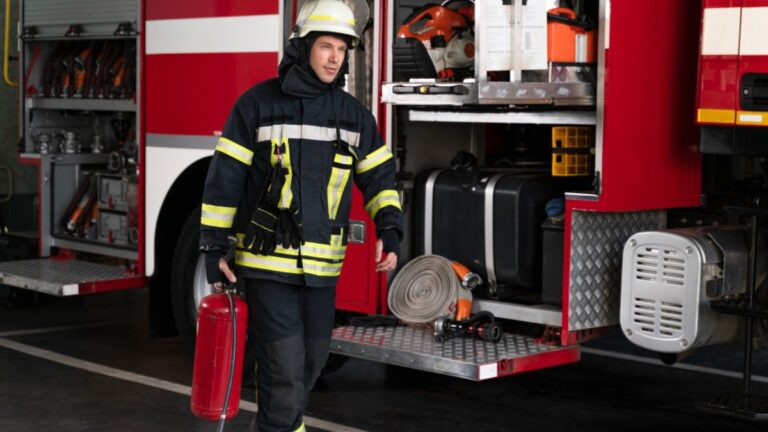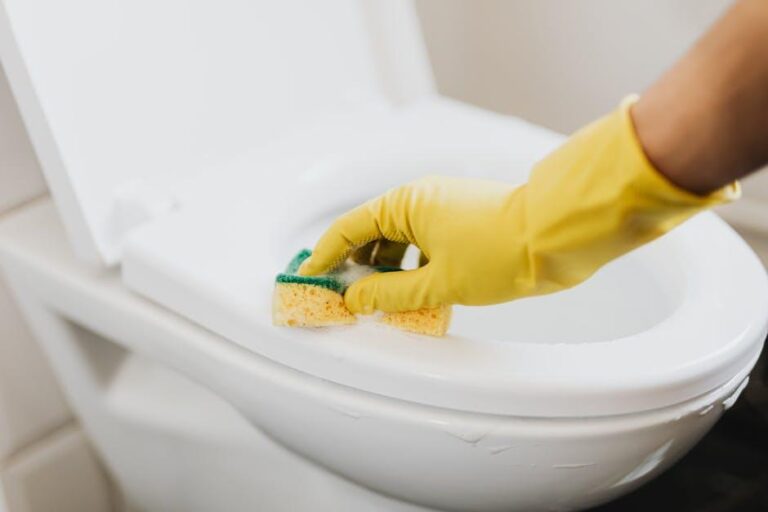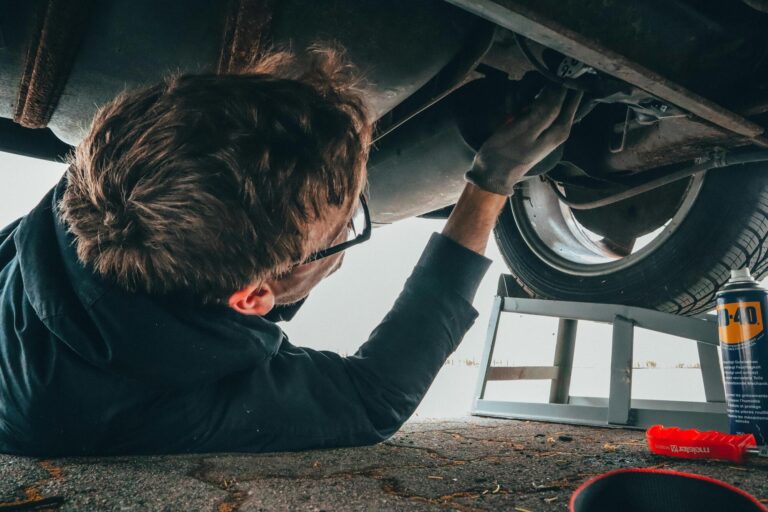Emergency Preparedness: Handling Unexpected Commercial Plumbing Problems
The Importance of Being Prepared
In the fast-paced and often hectic business world, plumbing problems are not just an inconvenience—they can be a significant disruption. Imagine a busy restaurant shutting down during peak hours due to a plumbing issue or an office building facing extensive water damage that forces employees to work from home. These scenarios underscore the importance of preparing for unexpected plumbing emergencies in commercial settings.
Identifying Potential Issues Early
The key to handling plumbing emergencies is early identification. Many plumbing issues start small but can escalate quickly if not addressed. Look for signs such as unusual noises from pipes, slow drainage in sinks or toilets, persistent odours, or an unexpected spike in water bills. These symptoms often indicate underlying problems that need immediate attention.
Training your staff to recognise these signs is crucial. When employees know what to look for and how to report issues, they can respond quicker and prevent minor problems from turning into major disasters.
Preventative Maintenance: The Best Defense
Preventative maintenance is the cornerstone of avoiding plumbing emergencies. Regular inspections by professional plumbers can catch potential issues before they become serious. This includes checking for leaks, ensuring that drains are clear, and inspecting all plumbing fixtures for wear and tear.
Best Practices for Maintenance
Encouraging best practices among your staff can also help. Ensure everyone knows the importance of disposing of waste properly and not flushing non-flushable items down toilets. Regular cleaning of grease traps in kitchens and ensuring that only appropriate materials go down the drains can go a long way in preventing clogs.
Creating an Effective Response Plan
Even with the best preventative measures, emergencies can still happen. That’s why having an effective response plan is essential. This plan should detail the steps to take when a plumbing issue occurs, including who to contact and what immediate actions to perform, such as shutting off the main water supply.
Training and Drills
Regular training and emergency drills can ensure your staff knows how to execute the response plan efficiently. This preparation can significantly reduce the damage caused by plumbing emergencies and get your operations back on track more quickly.
Dealing with the Immediate Aftermath
Once a plumbing emergency has been identified and the initial response executed, the next step is dealing with the aftermath. This includes cleaning up any water damage, ensuring that the affected area is thoroughly dried to prevent mould growth, and making necessary repairs to return the plumbing system to full functionality.
Professional Help
At this stage, professional help is often necessary. For instance, experienced commercial plumbers in Sydney can provide the expertise needed to handle extensive plumbing issues and ensure that all repairs are done to a high standard. They can also offer advice on further preventative measures to avoid future emergencies.
Long-Term Resilience and Upgrades
Consider investing in system upgrades to ensure long-term resilience against plumbing emergencies. Modern plumbing technologies, such as advanced leak detection systems and high-efficiency fixtures, can help prevent problems and make your system more robust.
Regular Audits and Improvements
Regular audits of your plumbing system and the emergency response plan are also necessary. These audits can identify areas for improvement and ensure that your plan remains effective as your business grows and changes.
Conclusion
Plumbing emergencies are unavoidable in running a commercial operation, but their impact can be significantly minimised with proper preparation. By understanding common plumbing issues, such as leaks, clogs, and pipe bursts, and instituting a rigorous maintenance routine that includes regular inspections and timely repairs, you can stay ahead of potential problems. Training your staff to recognise early warning signs and respond appropriately is also crucial. When well-informed and prepared, employees can handle unexpected problems confidently and efficiently, reducing the chances of a minor issue escalating into a full-blown crisis.
Proactive measures, such as regular system audits, preventive maintenance, and advanced monitoring technologies, facilitate quick resolutions and ensure smooth operations with minimal disruption. These strategies are essential for maintaining a resilient and efficient business environment. By implementing these practices, you protect your physical premises from damage and safeguard your company’s reputation by demonstrating a commitment to reliability and professionalism. In the long run, these efforts contribute to a stable and thriving business, ensuring that plumbing issues do not derail your success or cause unnecessary setbacks.







